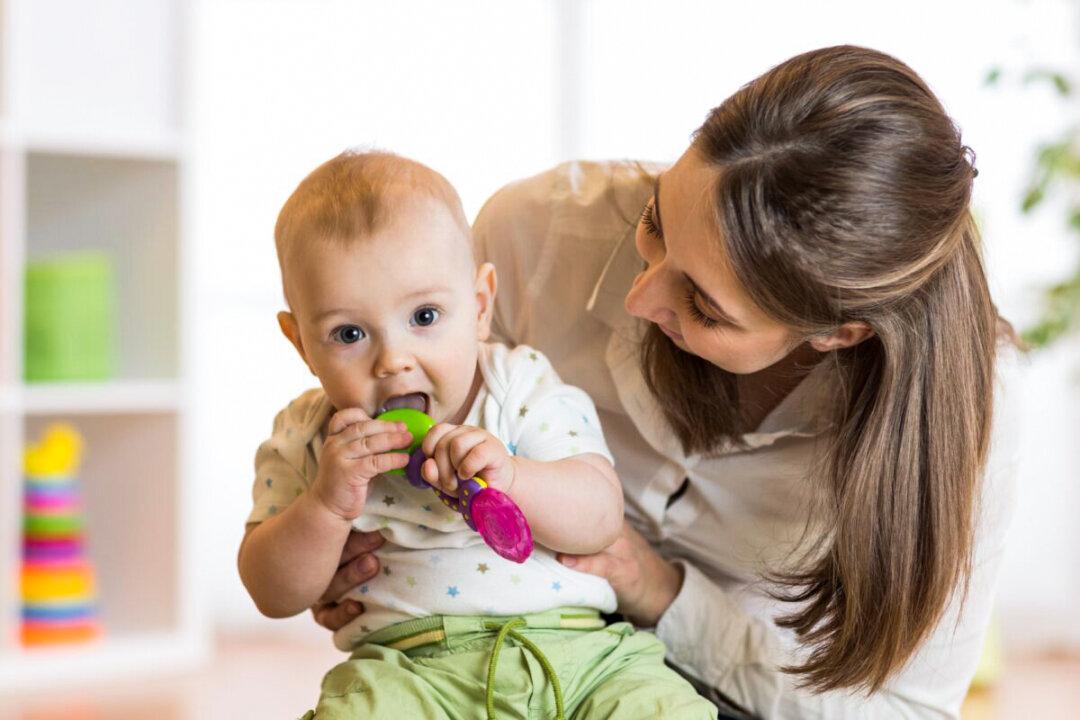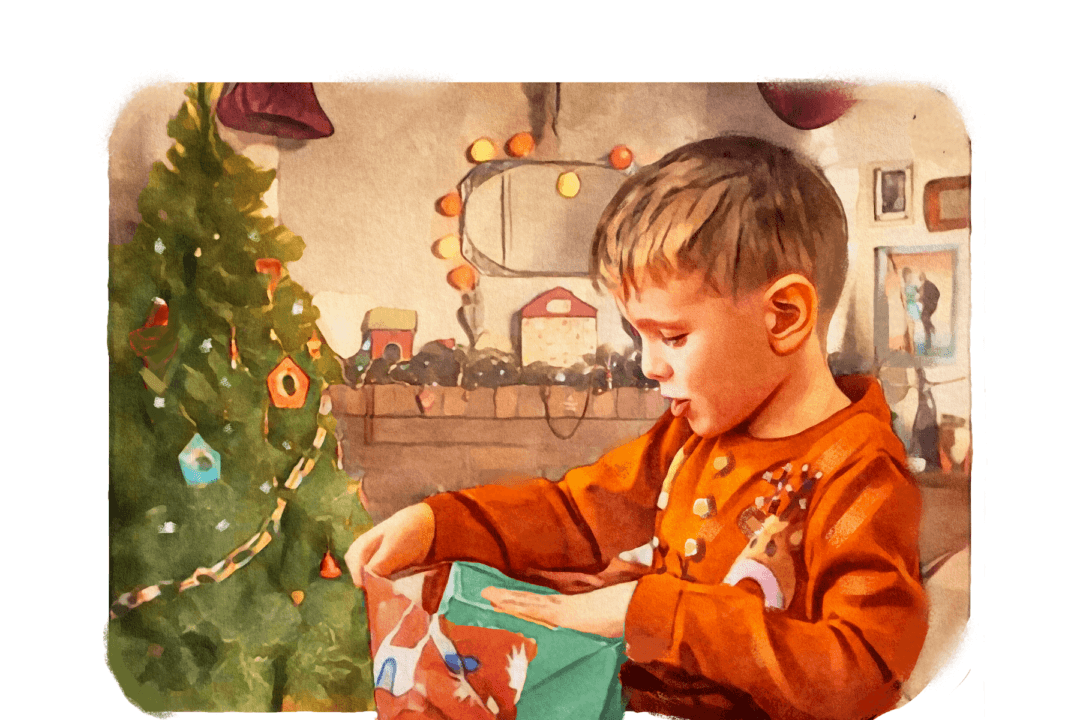Many studies have confirmed that teething does not cause irritability, chewing, drooling, coughing or diarrhea and only very rarely causes fever. Yet parents are frequently concerned that their otherwise healthy babies are drooling, chewing on everything they can get in their mouths, or have diarrhea, vomiting, or symptoms of colds. Even more troublesome, some parents rub all sorts of substances—creams, jellies, even brandy—on their baby’s gums.
In 2018, the American Academy of Pediatrics (AAP) reaffirmed its policy statement telling parents not to use so-called “teething gels or creams” to treat teething in young children. Since that time, manufacturers have stopped using toxic lidocaine in these products because it can cause seizures, brain injury, heart problems, and even death. But retailers continue to sell a bevy of objects for teething babies to chew and creams and jellies to rub on a baby’s gums to relieve teething symptoms.





